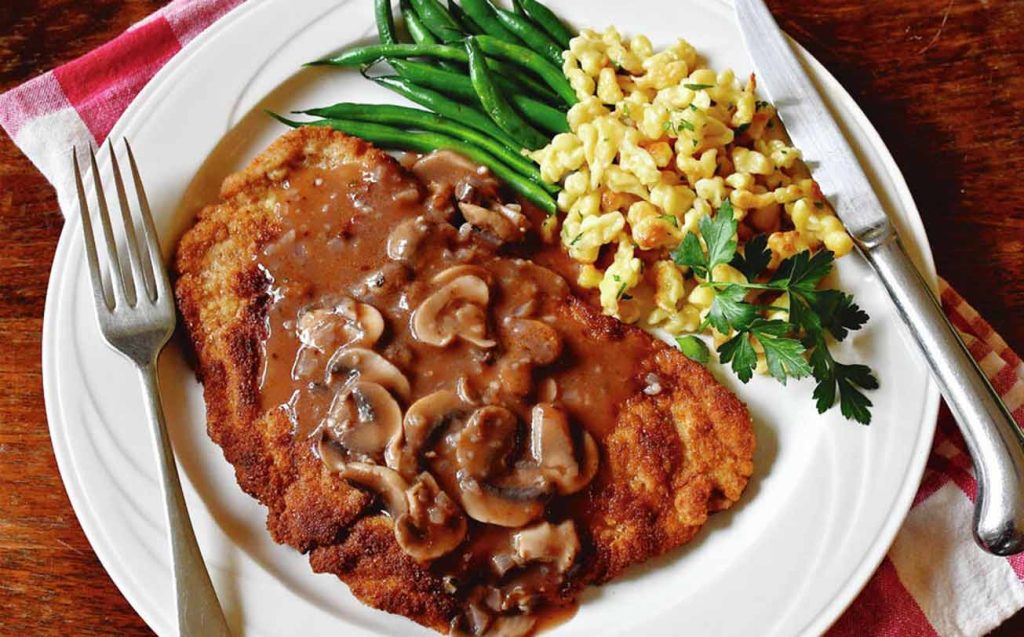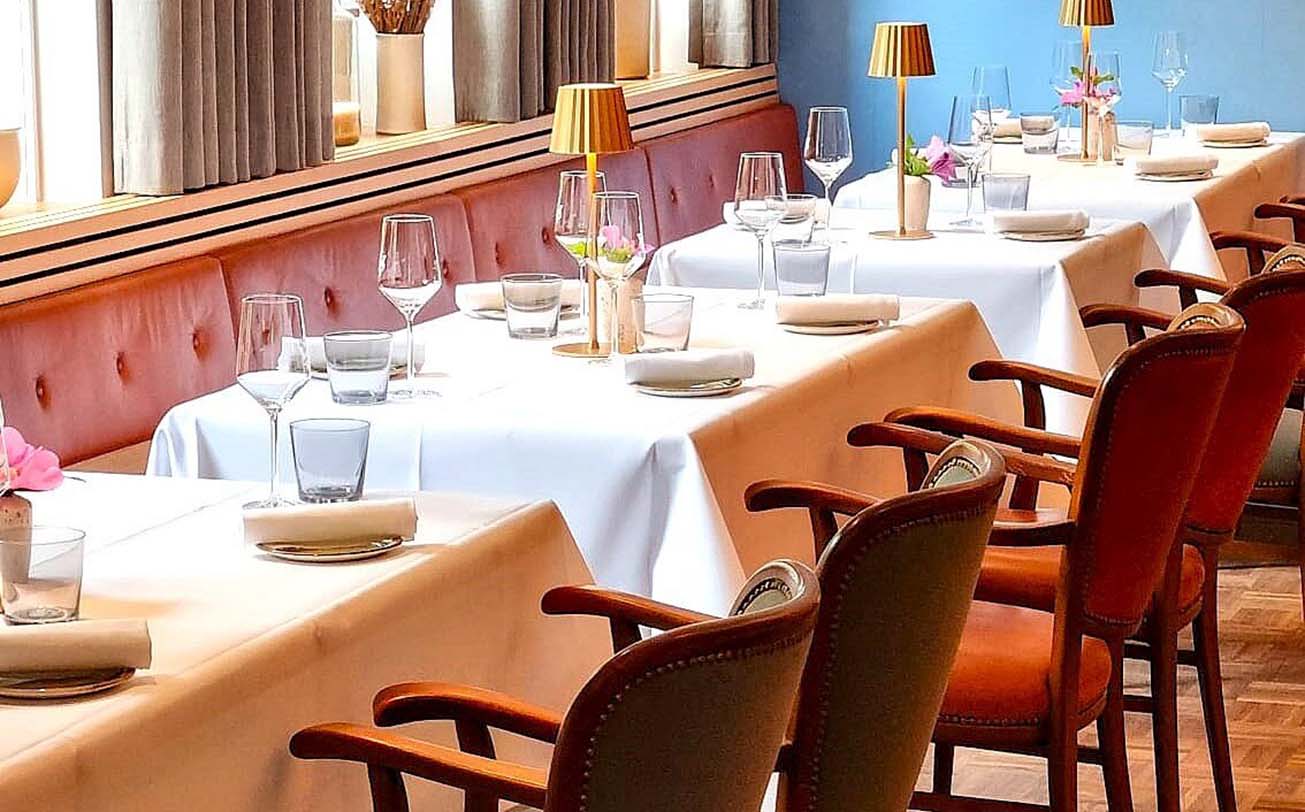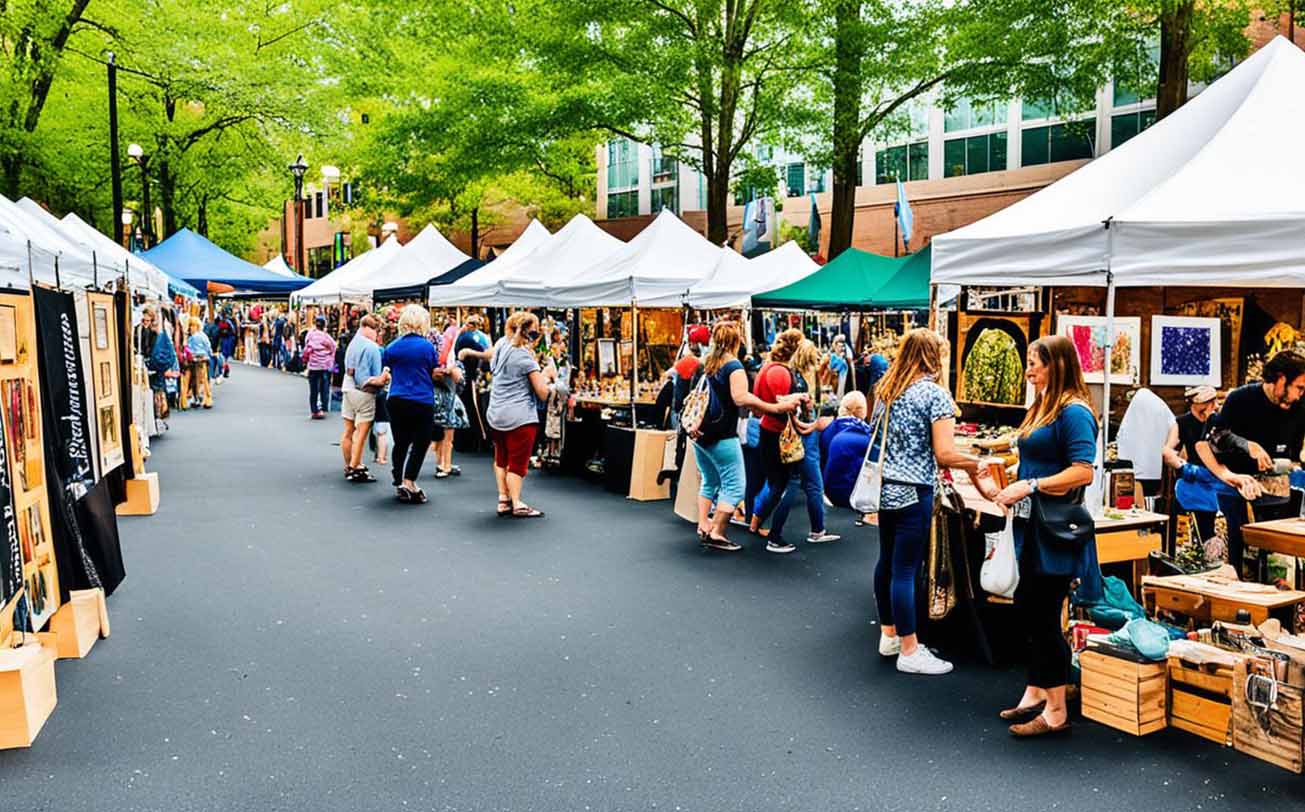Arriving in Osnabrück on a crisp spring morning, the first thing I noticed was the scent of the city—subtle, clean, tinged with the aroma of fresh bread, coffee, and the faintest whisper of woodsmoke from bakeries beginning their day. The cobblestone streets echoed with the footsteps of early risers, and above, the architecture unfolded like a painted tapestry: half-timbered houses, Gothic churches, and soft red-brick facades. Yet beneath this quiet charm lies a gastronomic culture that commands attention.
The city has a remarkable way of holding on to its culinary traditions while embracing innovation with dignity. Dining in Osnabrück is not just about eating; it is an experience of time, place, and deep-rooted heritage. The following ten restaurants each offered a unique window into the city’s soul.
1. Rampendahl Brauerei Gastronomie
Descending into Rampendahl feels like entering another century. This brewery-restaurant, housed in a medieval building in the heart of the Altstadt, blends beer-making tradition with hearty German fare. Copper kettles gleam beside stone walls, and the air is rich with malt and caramel notes.
The house-brewed Märzen was smooth and slightly toasted, a perfect companion to the Braumeisterpfanne, a sizzling skillet of pork medallions in a creamy mushroom sauce. The sauerkraut had just the right acidity to balance the richness, and their pan-fried potatoes were golden and crisp at the edges.
Guests can reserve tables through OpenTable or the local favorite Resmio, which is widely used across Lower Saxony.
2. Restaurant Walhalla
A few streets over lies Restaurant Walhalla, nestled within the historic Hotel Walhalla, a centuries-old timbered structure whose beams seem to whisper stories of centuries past. Here, the cuisine is elegant, bordering on the fine-dining spectrum, yet unpretentious.
The asparagus season was in full swing, and their Spargelkarte (asparagus menu) was a celebration of the local harvest. White asparagus, poached until tender and dressed in house-made Hollandaise, arrived accompanied by boiled potatoes and lightly cured Black Forest ham. Paired with a Riesling from the Moselle, the dish was light, graceful, and quintessentially German.
Reservations are highly recommended during peak travel months and can be made directly via the hotel’s website or through Bookatable.
3. Gasthaus Riede
In the quieter southern district of Voxtrup, Gasthaus Riede stands like a well-kept secret. The ambiance is familial, warm, and full of locals who chat over massive plates of schnitzel and potato salad. One quickly realizes that this is where Osnabrückers come when they’re off duty and hungry for comfort.
Their Jägerschnitzel was outstanding. Thin, breaded pork cutlets drowned in a generous mushroom gravy, served alongside buttery Spätzle. There’s a rhythm to the service—prompt, polite, and unobtrusive. It’s the kind of place where one ends up ordering a second beer without thinking twice.
While the restaurant does not use the more global platforms, locals prefer using EssenBestellen24.de, a regionally popular reservation and delivery site.

4. La Vie – by Thomas Bühner (legacy dining experience)
Though La Vie officially closed in 2018, its influence lingers throughout Osnabrück’s culinary landscape. The ghost of Thomas Bühner’s three-Michelin-star kitchen still inspires younger chefs in the area. One can still find echoes of his philosophy at culinary events and pop-ups around town.
During my visit, I was fortunate to attend a collaborative dinner at the Osnabrück University of Applied Sciences where former La Vie sous-chefs showcased “post-La Vie” cuisine. A fennel consommé, infused with applewood smoke and served with a single scallop poached in elderflower vinegar, recalled Bühner’s clean, structured, and deeply thoughtful approach.
5. Café am Markt
No exploration of Osnabrück’s palate would be complete without venturing into its café culture. Café am Markt is located just opposite the town hall—an ideal vantage point for people-watching on the cobblestone square.
The apple cake here deserves poetry. Baked in the traditional style with a shortcrust base, lightly stewed apples, and a cinnamon crumble topping, it was served with whipped cream so dense it held its shape like meringue. Their house blend coffee, roasted locally, was strong and earthy with a slight chocolate finish.
Café am Markt accepts table orders through LocalTaste.de, a platform dedicated to cafés and bakeries across Germany.
6. Trattoria Sicilia
Italian food has found a graceful second home in Osnabrück, and Trattoria Sicilia is its ambassador. Run by a Sicilian family who have lived here for two generations, the restaurant brings the scents and flavors of the Mediterranean into a modest dining room filled with conversation and laughter.
The seafood risotto was perfumed with saffron and arrived garnished with a generous heap of mussels and shrimp. Their tomato sauce—simple, honest, and slow-cooked—reminded me how a good sauce can taste like a memory. The house wine, a Nero d’Avola, was full-bodied and generous.
Booking is available through Quandoo, which also offers an English-language interface.
7. Alte Münze
Directly across from the Felix-Nussbaum-Haus lies Alte Münze, a bistro that straddles the line between modern design and traditional flavors. Their lunch menu changes weekly, leaning heavily into seasonal ingredients sourced from farms around the Osnabrück countryside.
This week’s offering included a spring lamb roulade with wild garlic purée, caramelized carrots, and new potatoes. The lamb was tender, wrapped in its own crisped skin, and delicately seasoned with thyme and lemon zest. The balance of richness and green, almost grassy freshness was extraordinary.
Locals recommend calling ahead, though they are also listed on TischReservieren.de, another well-used local service.

8. Meyers Mühle
At the edge of Bürgerpark, nestled by the millstream, stands Meyers Mühle—a mill-turned-restaurant that oozes rustic charm. Dining on the terrace as the waterwheel turns gently beside you, it is easy to feel transported.
Their roast duck with red cabbage and dumplings was deeply satisfying. The cabbage was simmered with clove and apple, turning it sweet and slightly tangy, while the duck’s skin cracked under the knife. For dessert, a plum compote with vanilla sauce—simple, yet wholly rooted in tradition.
Reservations are recommended on weekends and can be secured via OpenTable.
9. Kleine Kartoffel
This cozy restaurant, whose name means “Little Potato,” lives up to its name in the most delightful way. Nearly every dish involves the humble potato, reinvented in form after form—gratin, rösti, mash, croquette, and even dessert.
The “Kartoffelplatte” is a sampler that features seven different regional styles of potato preparation. Each was distinct in texture and flavor, accompanied by a selection of dips: sour cream with chives, horseradish mustard, and a smoky aioli. It’s a carb-lover’s utopia.
Local delivery and bookings are available through Lieferando.de, Germany’s leading food delivery platform.
10. Zauber von OS
A final jewel in the culinary crown, Zauber von OS is a modern fusion restaurant tucked behind the cathedral. The chef here plays with spices and ingredients in a way that feels both reverent and daring. Think German ingredients cooked with Turkish, Persian, and North African influences.
Their roasted beetroot and goat cheese starter was laced with za’atar and served atop spelt flatbread. The main course—veal cheeks in a tamarind glaze with couscous—was meltingly tender and unexpectedly vibrant. A cardamom crème brûlée to finish reminded me why dessert should never be skipped.
Zauber von OS is gaining popularity fast; reservations via TheFork are advised.
Each restaurant visit in Osnabrück carried more than just culinary delight—it was a chapter in the city’s unfolding story. The tradition of hospitality is strong here, steeped in history but carried forward with grace. Dining becomes a means of understanding place, and the place, in return, tells its stories through flavor.



